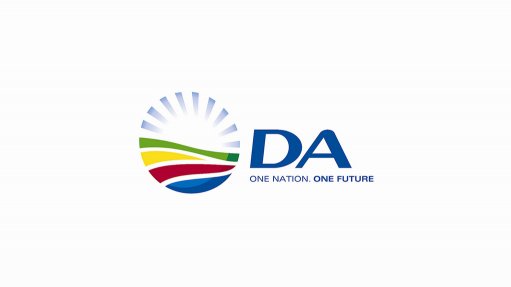
A reply to a DA Parliamentary question reveals that the National Regulator for Compulsory Specifications (NRCS) extended timelines associated with the approval of electro-technical imports without sufficient consultation with industry stakeholders.
The Minister of Trade and Industry, Rob Davies, concedes in his reply that stakeholders within the industry were only informed of the revised timelines for the processing Letters of Authority (LoA), required for approving imports, during the introduction of the new forms.
No robust consultative process or effort to conduct an impact assessment on the industry seems to have been conducted by the Department on any significant level.
The revised timelines for the processing of applications has increased from 20 days to 120 days. This therefore means that it could now take 100 more days to have the importing of any electro-technical product approved. These include products ranging from basic home appliances to crucial medical equipment desperately needed by hour hospitals.
According to the NRCS, the extended timelines are a response to the import of non-compliant products – by a limited number of industry players – that may be harmful to consumers.
The NRCS’s response significantly worsens business conditions for honest importers, who are painted with the same brush as non-compliant importers.
The DA supports measures aimed at protecting South African consumers, however, all efforts must be taken to preserve the normal and efficient functioning so that we can trade as effortlessly as possible in order to promote economic growth and job creation.
It is import to remember that many of our export industries rely on importing components and other materials from overseas first.
If we allow the importing process to be slowed down too much, it could cause significant harm to industries relying on international trade.
As such, we believe alternatives exist that provide the security that the NRCS requires without compromising on efficiency and industry productivity . This can be by:
- Establishing a "rapid approval" system for qualified importers that meet the criteria for NRCS;
- Subjecting affected importers to regular random checks to ensure the maintenance of quality; and
- Imposing penalties for importers who fall foul of required standards and making those importers subject to the 120 day lead time;
The DA will seek a meeting with the NRCS to discuss these proposals and how they can work.
In the midst of a slowing economy, we cannot afford to create further barriers around the functioning of business. This will only lead to jobs loses and continued unemployment for the poor.
The DA will continue to fight for the proper functioning of our ports so that they may contribute to job creation.